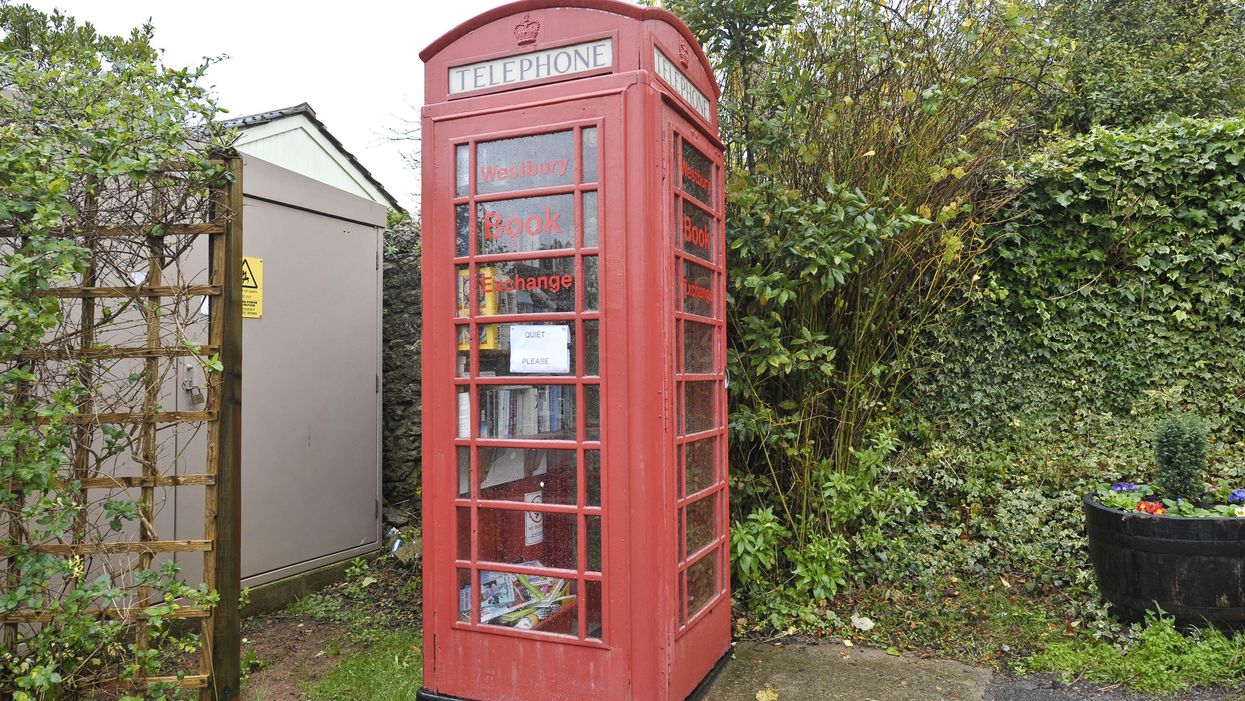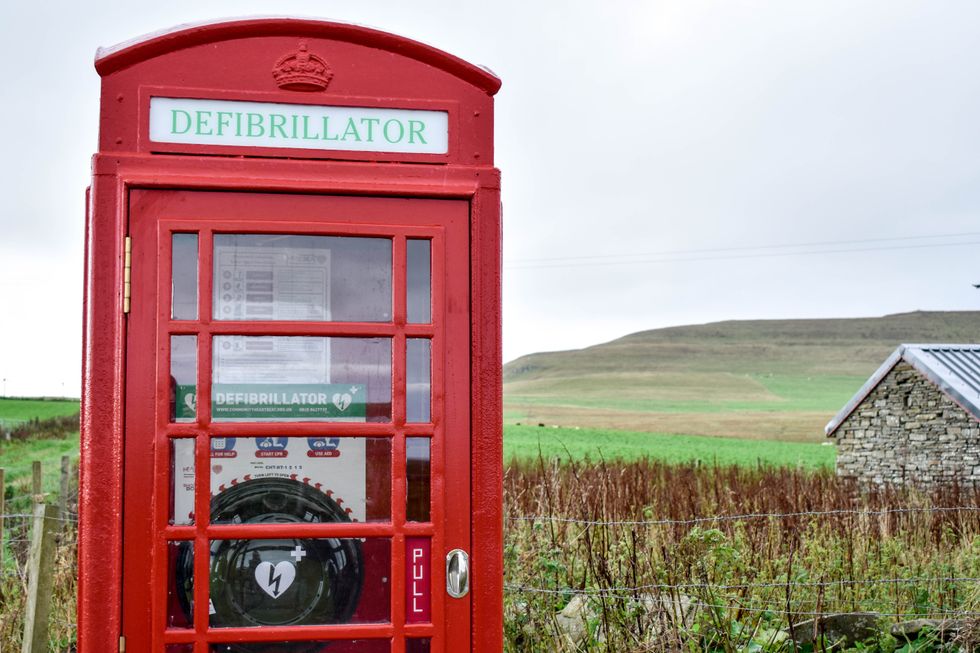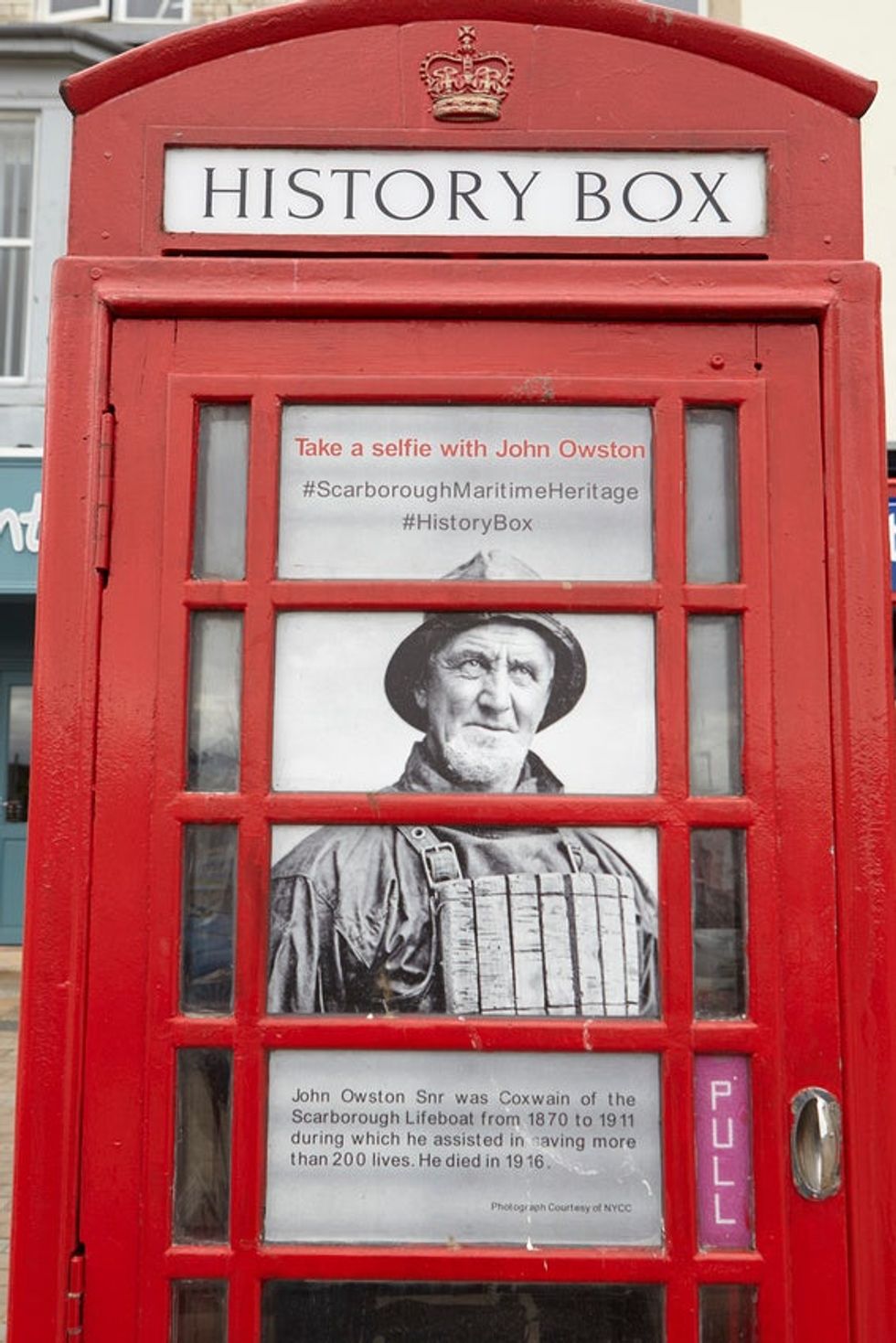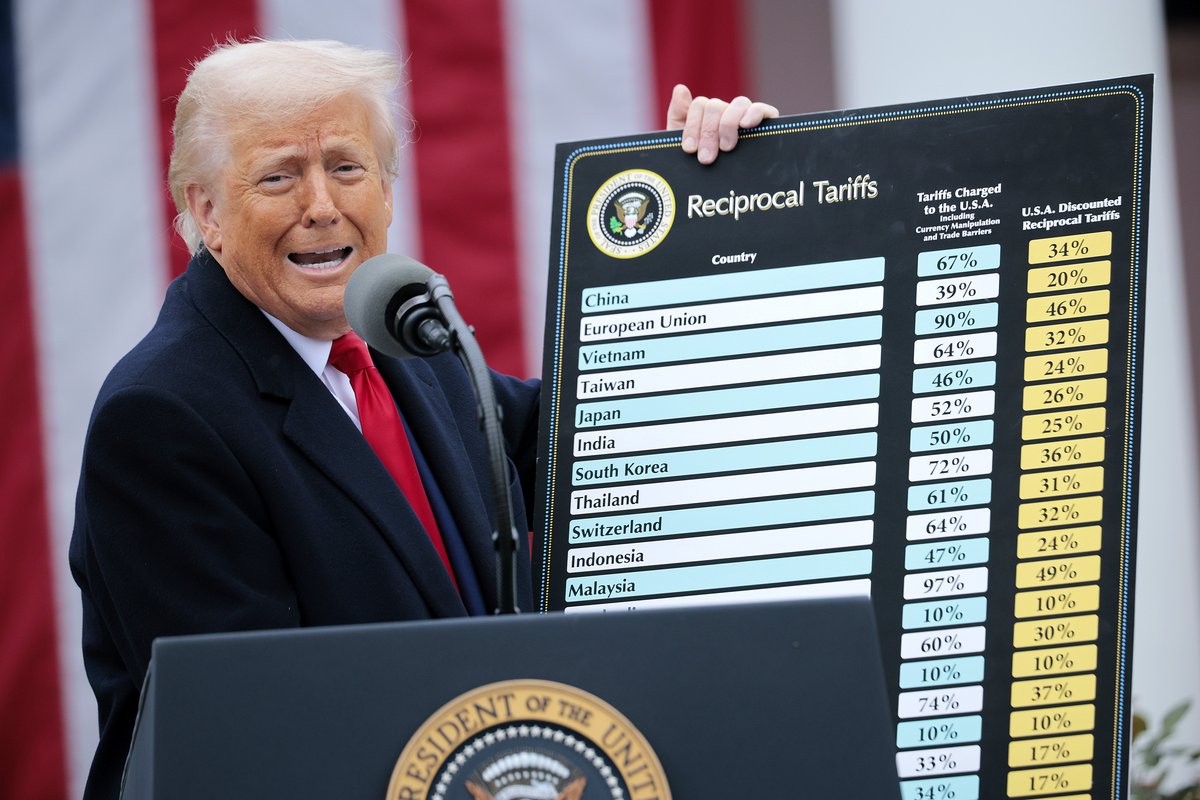
Thousands of traditional red coloured phone boxes are being offered to communities to be used for anything from housing books to defibrillators.
BT announced that almost 4,000 of its phone boxes across the UK are up for grabs now they have been overtaken by the phenomenal growth in mobiles.
Since 2008, more than 6,600 phone boxes have been taken on by communities for just £1 each through the Adopt a Kiosk programme.
Redundant phone boxes have been transformed into defibrillator units, mini history museums, art galleries and book exchanges.
James Browne of BT said: “With most people now using mobile phones, it’s led to a huge drop in the number of calls made from payphones.
“At the same time, mobile coverage has improved significantly in recent years due to investment in masts, particularly in rural areas.
“We’re currently rationalising our payphone estate to make it fit for the future, and the Adopt a Kiosk scheme makes it possible for local communities across the UK to retain their local phone box with a refreshed purpose for the community.
“Thousands of communities have already come up with a fantastic array of ideas to reuse their beloved local phone box.”
Martin Fagan, national secretary of the Community Heartbeat Trust charity which is helping install defibrillators in local kiosks, said: “BT’s phone box kiosks are iconic British structures, and repurposing for this life-saving use has given them a new lease of life. To date we have converted about 800 ourselves, with another 200 in the pipeline.
“Placing the equipment in the heart of a community is important to save on time. Kiosks are historically at the centre of the community, and thus great locations for defibrillators.”
More than 400 payphones across towns and cities have also been upgraded by BT to digital units, called Street Hubs, offering free ultrafast public wi-fi, USB device charging and environmental monitoring.















